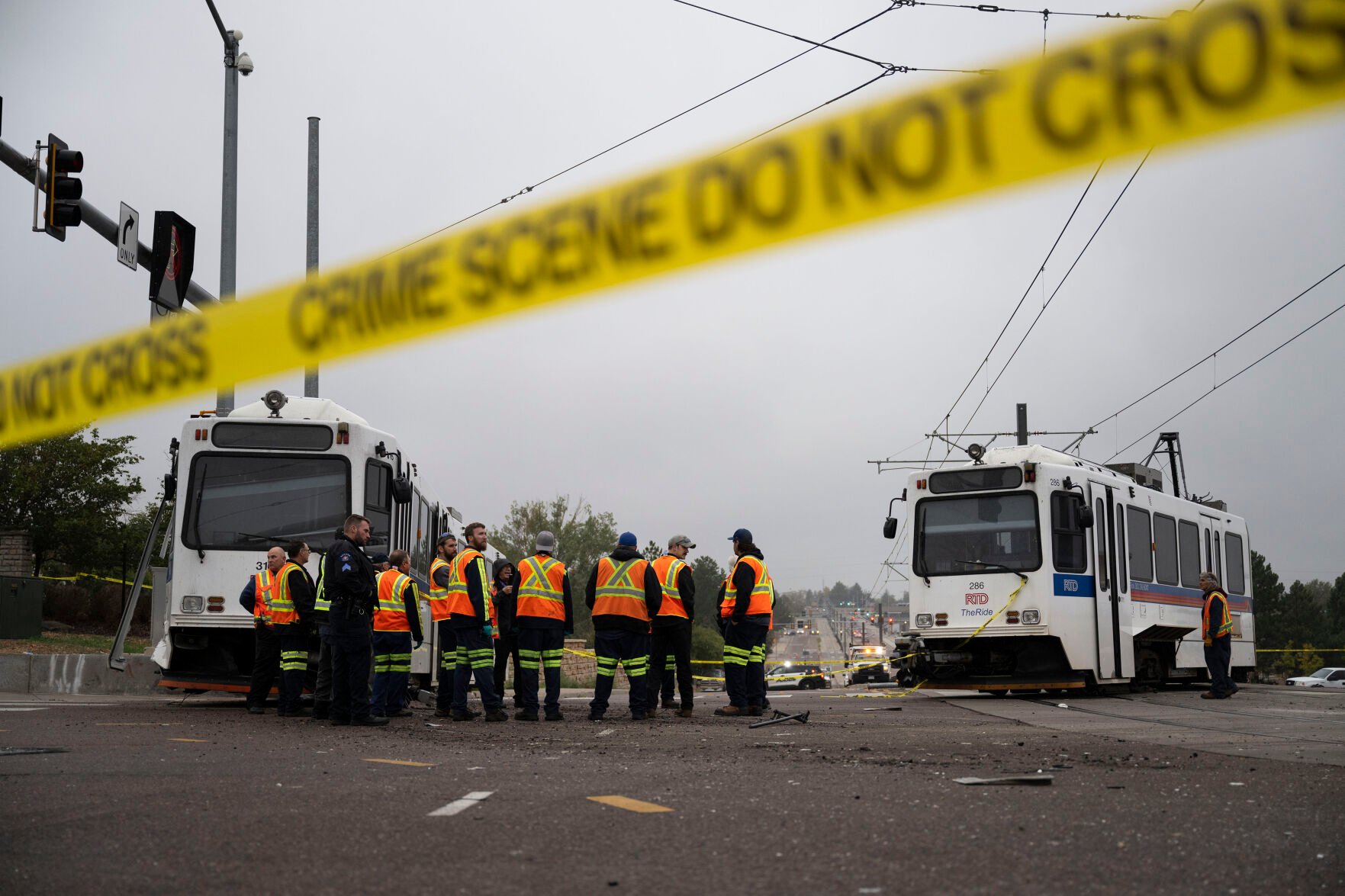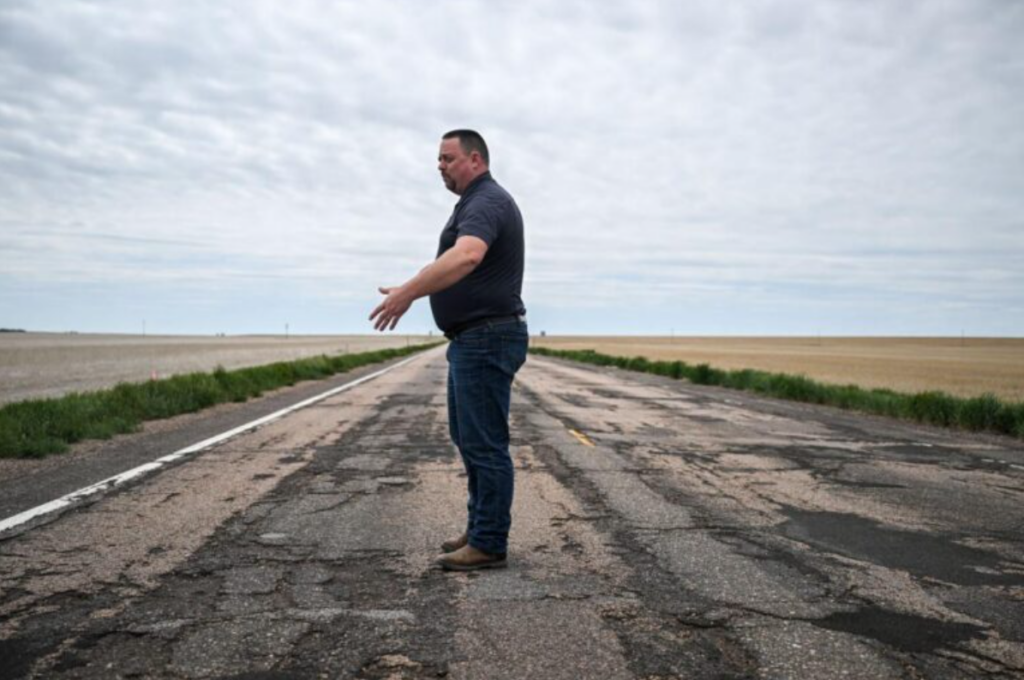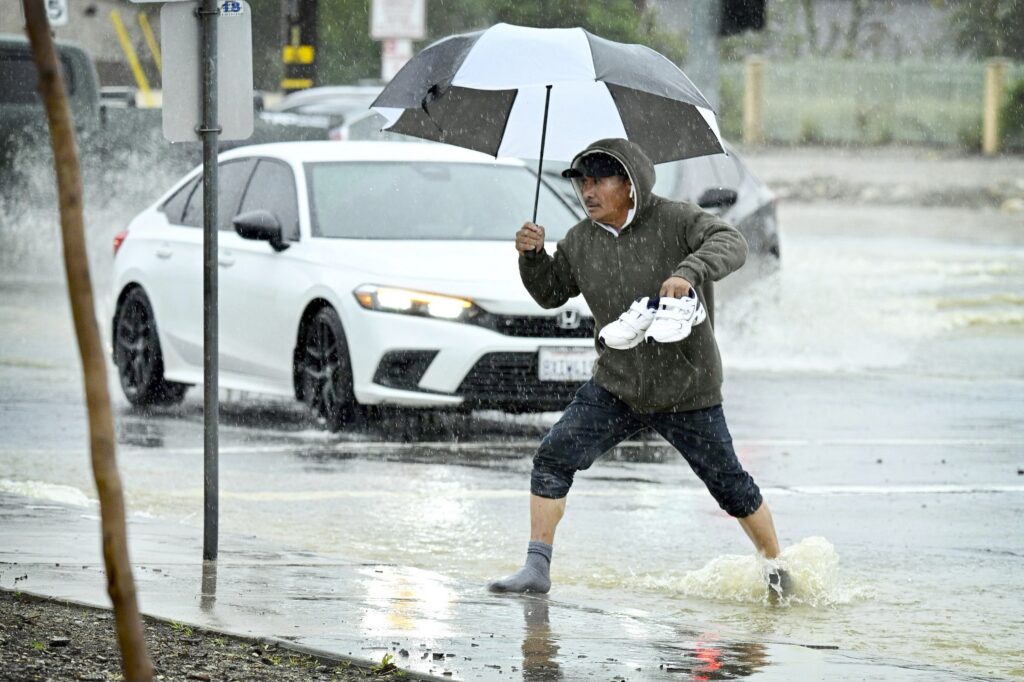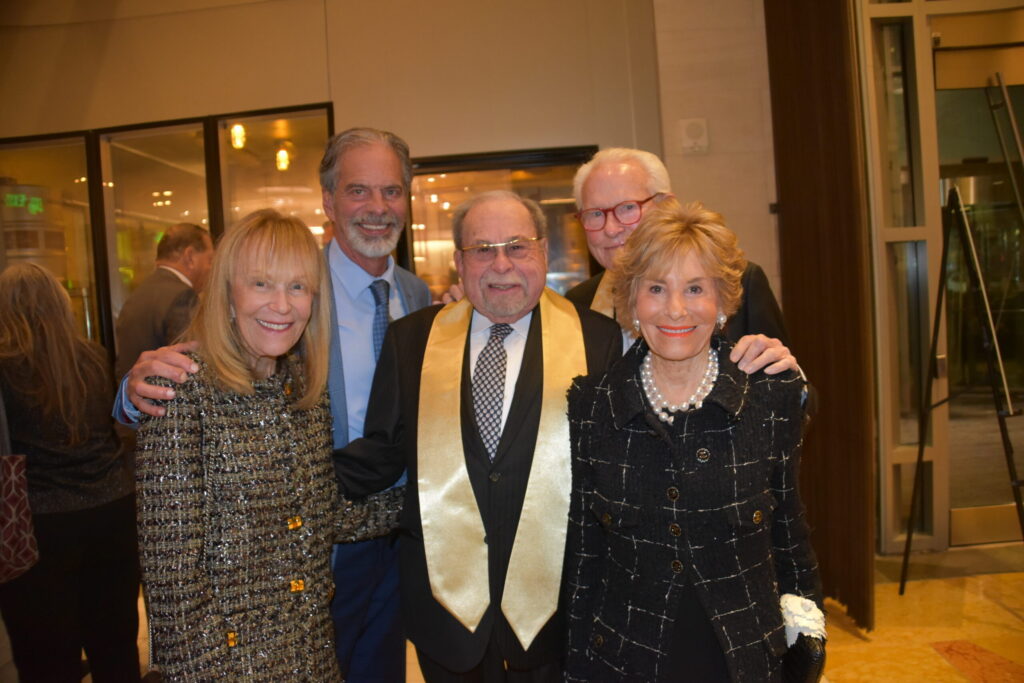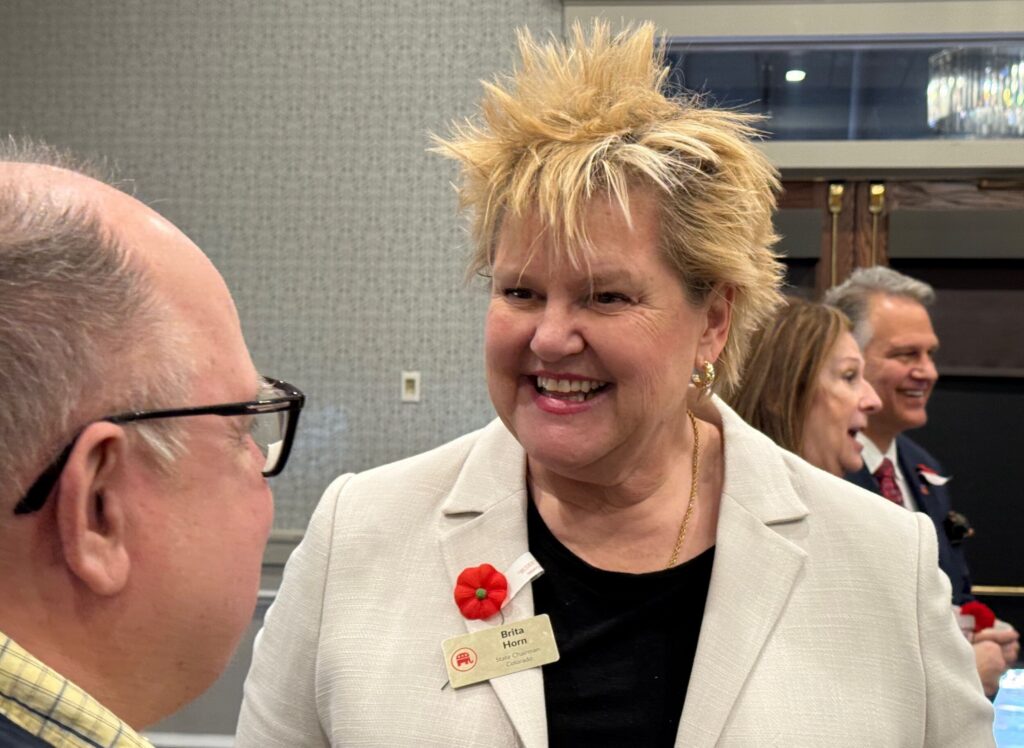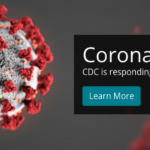Aurora Mayor Coffman criticizes RTD for its response to R-Line derailment

More than 11 weeks after the Regional Transportation District’s R-Line light rail train derailed, service has not returned and the shuttle buses bridging the gap for riders stopped. That drew the ire of Aurora Mayor Mike Coffman.
“RTD is clearly a bloated bureaucracy in search of a mission and providing a reliable transit service to the taxpayers who are forced to pay for their incompetence isn’t one of them,” Coffman said in a statement to the Denver Gazette Thursday.
RTD train derails in Aurora: 24 treated, no life-threatening injuries
The train derailed while rounding a near-90-degree turn at South Sable Boulevard and East Exposition Avenue on Sept. 21, causing minor injuries to three people and damage to rail electrical infrastructure and the train cars.
As of Thursday, the rail line is still closed between Florida and 13th Avenue in Aurora. The shuttle bus service that started quickly after the derailment by RTD to move people around the closure was cancelled Oct. 30.
In an email statement, RTD spokesperson Tina Jaquez told the Denver Gazette Thursday the agency “endeavors to resume R Line service no earlier than December 2022.”
Coffman’s anger and frustration stems from the service delay and what he called a lack of candor on RTD’s part.
Saturday, the mayor posted a statement on Twitter saying in part: “City staff and I are frustrated that RTD has not provided a specific timeline about when the R-Line will resume full service following the derailment more than a month ago. We find it unacceptable that the agency will shut down its shuttle service this weekend between Florida and 13th Avenue stations, through the heart of Aurora, forcing would-be R-Line riders to seek different transportation options altogether.”
In response to Coffman’s tweet, Jaquez provided an email statement to The Denver Gazette citing a worker shortage as the reason for canceling the shuttle service.
RTD to provide free public transportation on Election Day
“Due to the lack of people power, the bus shuttle service was discontinued,” according to Jaquez’s statement. “Providing long-term shuttle support along the four-mile disrupted area is challenging for RTD and it created the need to periodically cancel regularly scheduled service on other routes.”
The explanation did little to ease Coffman’s concerns.
“They should have had an expeditious process in place to provide for an investigation for an accident that occurred more than a month ago, and they should explore contracting out additional bus routes to private entities who could operate them more efficiently,” said Coffman in response to RTD’s statement.
“The continued closure of the R-Line is now a highly unusual situation,” said Richard Bamber, a rail civil engineer who worked on RTD’s P3 FasTracks project from 2011 to 2016, in an interview with The Denver Gazette. “Similar sorts of derailments in the past that have even involved fatalities and much greater damage to the rail infrastructure have seen the tracks and the train service resort restored, normally between about seven and 10 days after the incident.”
Bamber is the co-founder of Greater Denver Transit, which he described as a “collection of like-minded residents” who advocate for “clean, efficient, safe and reliable” transit.
Bamber said at an RTD operation and safety meeting Wednesday night, two directors, Bob Broom and Doug Tisdale, also expressed frustration with the agency’s response.
RTD is suffering from a national shortage of qualified train drivers that is part of a national shortage of truck and transportation personnel, Bamber said.
He was told in September RTD is 300 people short.
Asked for details of the derailment and the status of repairs, Jacques wrote in an email: “Since the incident is still under investigation, I don’t have additional information regarding the repairs. We also do not know the exact date for resumption of rail service at this time.”
Coffman emphasized the importance of the R-Line to Aurora in his Twitter statement.
2 suspects dead after overnight shootout at RTD’s Lincoln Station
“The R-Line is a critical part of the public transportation infrastructure in Aurora and it provides access to homes, city services and businesses in Aurora’s city center,” he wrote. “It also provides a connection to the Anschutz Medical Campus and Fitzsimons Innovation Community. … A growing number of Aurora residents and workers will have come to rely on the R-Line for regional and sub-regional mobility as Aurora and the metropolitan area continue to grow.”
Ridership on the R Line was up 30.1%, an increase of 171,000 boardings year-to-date over 2021, according to RTD’s just-released board briefing.
Overall, this year, from January through August, system-wide ridership for all modes of travel is down by 42% from 2019. August ridership was down by 2.9 million from 2018. That was the month RTD offered all bus and rail service for free.
Light rail ridership comprises 37.4% of the total 40.3 million users through August of this year.
Sales and use tax revenues so far this year are up 15.3% or $73.7 million while fare revenue is down 2.6% over the same period in 2021, according to the report.
